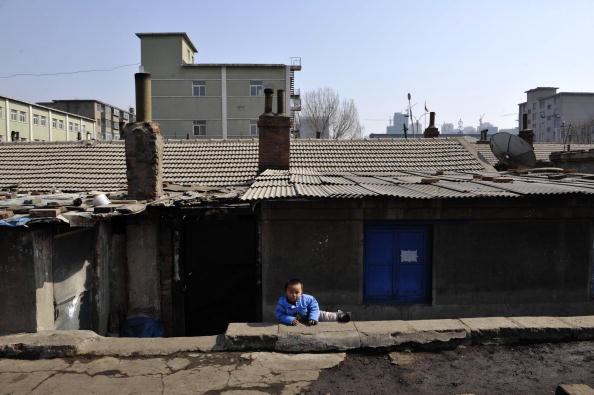After almost four decades of a government-imposed one-child policy that led to a severe gender imbalance and a low birth rate, the Chinese regime decided to abolish the mandate in 2015 and encourage couples to have two children. It was an attempt at reversing the population decline that threatens the country’s development.
Nearly three years later, and still facing a falling birth rate, Chinese authorities are busy rolling out mandates to encourage people to have more children.




